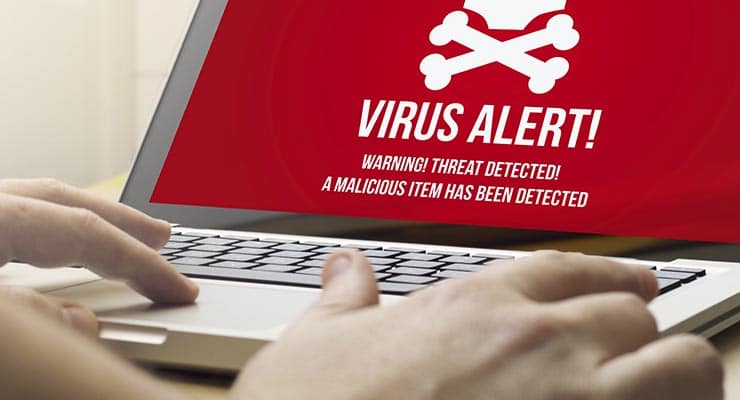Ransomware attack responsible for woman’s death after infecting hospital
While cyber crooks are frequently wanted by the police for crimes related to computer misuse, a group of such criminals are now wanted on charges far more serious, after a woman in Germany has died after the hospital she was taken to for a life-saving operation fell victim to their ransomware attack.
The incident, that happened at Duesseldorf Hospital in Germany is being described as the first death of a person indirectly killed by ransomware.
Duesseldorf Hospital was crippled by a ransomware attack for around a week from September 10th 2020, infecting more than 30 internal servers. Ransomware is a type of malware that encrypts data and system files, rendering them – and usually the devices that runs them – useless. The victim can purchase a decryption key from the crooks (at a cost) in order to regain access to those files, or restore files from a backup. Else, the files are lost.
Ransomware typically infects business networks when an employee is tricked into opening a harmful email attachment using one of a countless number of social engineering techniques. Alternatively crooks can exploit weak cyber-security defences or software vulnerabilities to compromise a network and install malware. The infection at Duesseldorf Hospital is reported to have been caused by the latter.
Sponsored Content. Continued below...
It is believed the hospital was not the intended target however, since a ransom note was addressed to a nearby university.
However, in the midst of the attack at the hospital, a patient being taken to the hospital for “urgent care” had to be turned away and re-routed to another hospital around 30km outside the city. That patient – identified only as a woman – later passed away.
It also means that cyber-crooks, for the first time, are now being hunted by the authorities for crimes relating to manslaughter, reported AP News.
It has also been reported that the crooks provided the hospital with the decryption key after learning that it was the hospital – not the university – that had been attacked.
Given the prolific rise of ransomware as the most preeminent malware out there and its propensity for attacking (intentionally or otherwise) hospitals and healthcare providers, deaths arising from such attacks were considered by many as practically inevitable.
The investigation into the incident and to find those responsible continues.
Would you consider becoming a ThatsNonsense supporter on Facebook? We’re looking to transition away from revenue from having adverts on our site (we don’t enjoy having them as much as you don’t enjoy seeing them) to help fund the costs of running the site. That’s why we’ve activated subscriptions on our Facebook page for only 99p (~$1.25) a month. Becoming a supporter means you get a badge next to your name when you post on our Facebook page, and you’ll be helping us produce content including tips about avoiding Internet scams, information on the latest types of attacks as well as our routine fact checks. And when we get enough supporters we will post content exclusive to our supporters. If you’re interested in helping keeping our site alive, please consider supporting us by clicking here.
Continued below...
Thanks for reading, we hope this article helped, but before you leave us for greener pastures, please help us out.
We're hoping to be totally ad-free by 2025 - after all, no one likes online adverts, and all they do is get in the way and slow everything down. But of course we still have fees and costs to pay, so please, please consider becoming a Facebook supporter! It costs only 0.99p (~$1.30) a month (you can stop at any time) and ensures we can still keep posting Cybersecurity themed content to help keep our communities safe and scam-free. You can subscribe here
Remember, we're active on social media - so follow us on Facebook, Bluesky, Instagram and X
